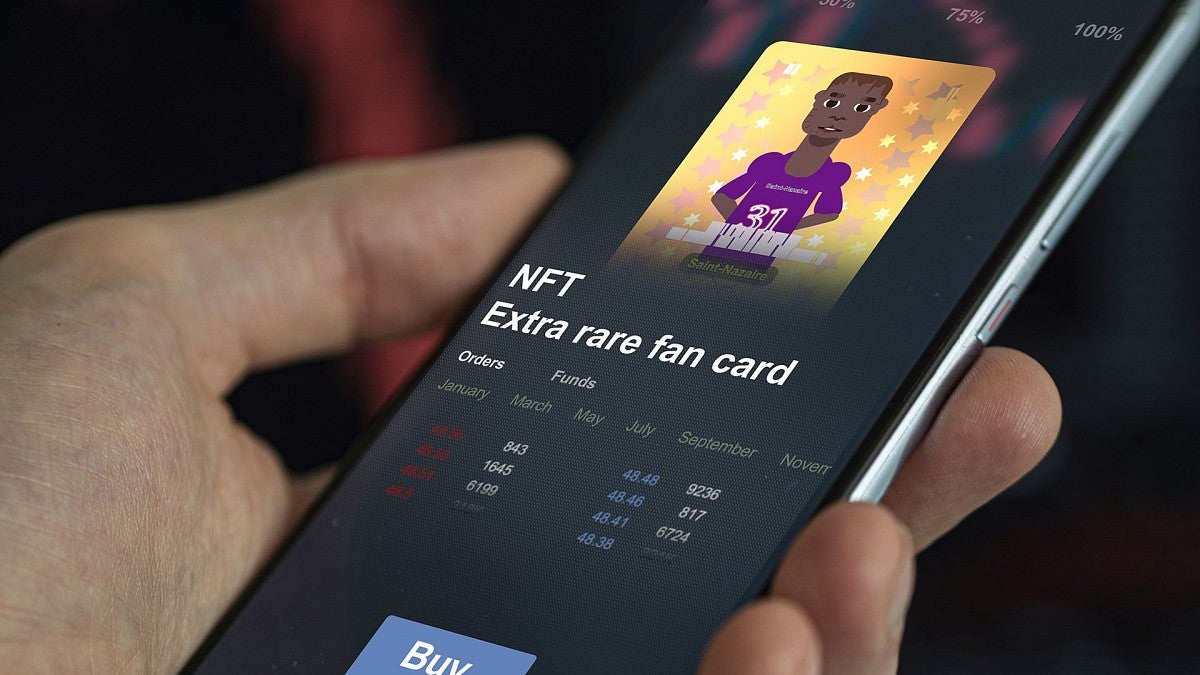Virtual, immersive fan experiences in the metaverse are taking professional sports to a whole new level.
“The metaverse will be the next big marketing platform for brands, creating new opportunities to market and communicate to consumers,” said Ellen Schmidt-Devlin, co-founder and executive director of the University of Oregon Sports Product Management program in Portland.
She and an international collaborator scoured the available academic research and marketplace examples from around the world for the best fan experiences sports brands are offering in the metaverse. They share their findings in the journal Marketing Letters.
For those unfamiliar, the metaverse is essentially a 3D version of the internet, where one has a digital twin, or avatar. Some, but not all, immersive experiences require a virtual reality headset.
Consider these examples of how sports brands are winning over fans in the metaverse:
- Since 2020, the NBA has sold more than $826 million in Top Shot NFTs, or non-fungible tokens. These digital tokens represent assets, such as trading cards, athlete autographs or video highlights of NBA stars.
- Fans can play virtual tennis in Wimbleworld, Wimbledon’s metaverse. Winners earn Wimblebux to “spend” on Ralph Lauren-sponsored digital apparel NFTs for their avatars.
- With 99 percent of its fans based outside of England, the Manchester City soccer club of the English Premiere League hosts virtual competitions that fans can “attend” from anywhere in the world.
Schmidt-Devlin met co-author Raeesah Chohan at a global marketing conference in Greece. Chohan is senior lecturer of marketing at the University of Cape Town, South Africa. Chohan followed up with a visit to Oregon last year, and together the two researchers have been exploring the intersection of the metaverse and sports industry.
“We’re at a pivotal moment with the metaverse that’s similar to back when people were wondering how the internet would change the world of marketing,” Schmidt-Devlin said. “A wide range of sports brands around the globe are attempting to execute effective marketing strategies in the metaverse,” she said. “We are offering them guidance, with three strategies they should consider.”
First, brands should offer exclusive experiences to bolster a fan’s person’s identification as a fan. The exclusive opportunity might be for the fan’s avatar to be seated in a virtual stadium next to the avatar of a sports legend, such as Michael Jordan. Or a fan of UFC fighter Amanda Nunes might get the exclusive experience of training with her in her virtual gym.
Second, fans need to have opportunities to demonstrate they are fans. Just like fans in the real world, who sport caps and T-shirts touting their favorite team, avatar fans in the virtual world should be able to buy digital merchandise to wear or display in the metaverse.
Finally, brands should strive to create a community in the metaverse by offering immersive, virtual experiences for fans to interact with each other, the sports brand and athletes. For example, the NBA Brooklyn Nets offer fans a 360-degree experience to watch live games together in the metaverse via angles that are not be possible when watching the game on a TV or computer.
—By Sherri Buri McDonald, University Communications


